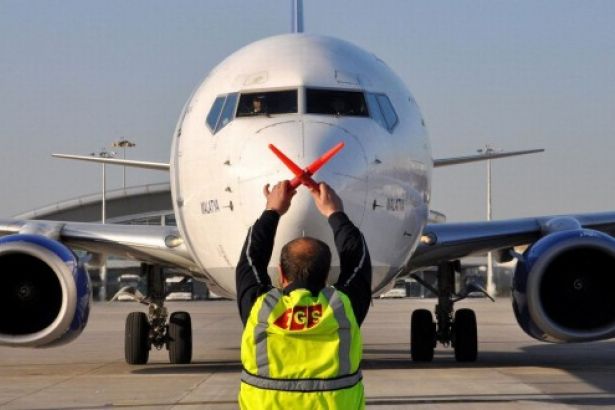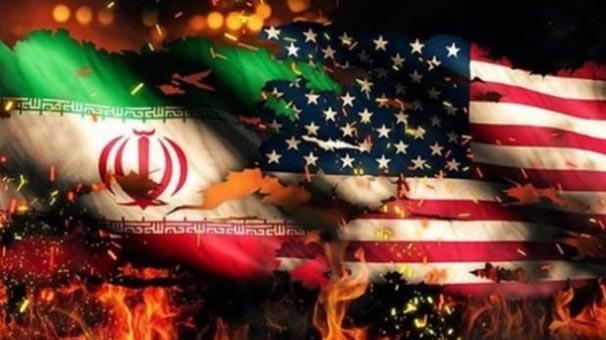Disclosure on Sanctions from President Trump

President Trump made statements about sanctions on Iran. I want to go a little slower about sanctions, Trump said. I don’t want oil prices to increase all over the world.
Trump, who signaled that the US would follow a cautious stance on oil prices, said: This has nothing to do with Iran; I do not want oil prices to rise.
The second package of sanctions against Iran, the United States formally entered into operation on 5th of November, US Secretary of State Mike Pompeo, announced that in the second package of sanctions, it will recognize temporary exemption from 8 countries, including Turkey, on oil imports.
Turkey, China, India, Italy, Greece, Japan, South Korea and Taiwan, would be allowed temporary exemptions for sanctions against Iran.
In the first step of the sanction package, which was launched on August 7, the US added more than 700 companies and individuals to the sanctions list with 50 Iranian banks.
US President Trump says Washington has been withdrawn unilaterally from the Comprehensive Joint Action Plan (KOEP) agreement with Iran. With the withdrawal of the US from this agreement, the sanctions that were in force in US legislation before 2015 and which were abolished by KOEP were restored.
The most important motivation of Iran in signing the agreement was to alleviate the sanctions imposed on the country and thus to initiate the process of integration of the country into the global system, and thus to relieve the economy of the country. The withdrawal of the US from the agreement means that the Iranian agreement hopes that the benefit of the nuclear deal will be seriously compromised; some experts go one step further and interpret the withdrawal of the United States as in the fact that the agreement remains legally in effect, but is not abided by. ’
Although this is the case, it is reported that Iran has fulfilled its commitments in KOEP in the audits of international institutions working in the United Nations. The United States, following the withdrawal of the agreement of the calendar consisting of two phases. The first phase of the sanction system carried out by the US Treasury Department was commissioned on 8 August 2018.
In the first phase, the provisions regarding trade of products such as cars, precious metals and industrial-based software were put into effect. The second phase came into effect on November 5, and according to the first phase is much more important in terms of Iranian economy. In the second phase, all products related to energy, especially oil and natural gas, port operations, ship trading, insurance and international banking related services are covered by sanctions.
The main issue in the context of Iranian economy is the export of crude oil. Although there are annual fluctuations in global oil prices, a fifth of Iran’s economy and a significant portion of Iranian government revenues are based on oil exports. Another factor important in terms of the effective implementation of sanctions in the second phase, except oil trade, is the prohibition of international money transfer associated with the US dollar. With the introduction of the second phase, if a natural or legal resident in a third country trades with an Iranian merchant, it will have serious problems in the transfer of money to Iran or from Iran. The dominance of the US dollar in global trade has a decisive role in increasing the effectiveness of sanctions. According to the US sanctions mechanism, the use of the US dollar (in the case of pricing or direct money transfer), even indirectly in this type of trade, is under sanction. For this reason, international banks and other financial institutions providing intermediary services will refrain from mediating direct or indirect money transfers related to Iran, regardless of the black or white area.

























